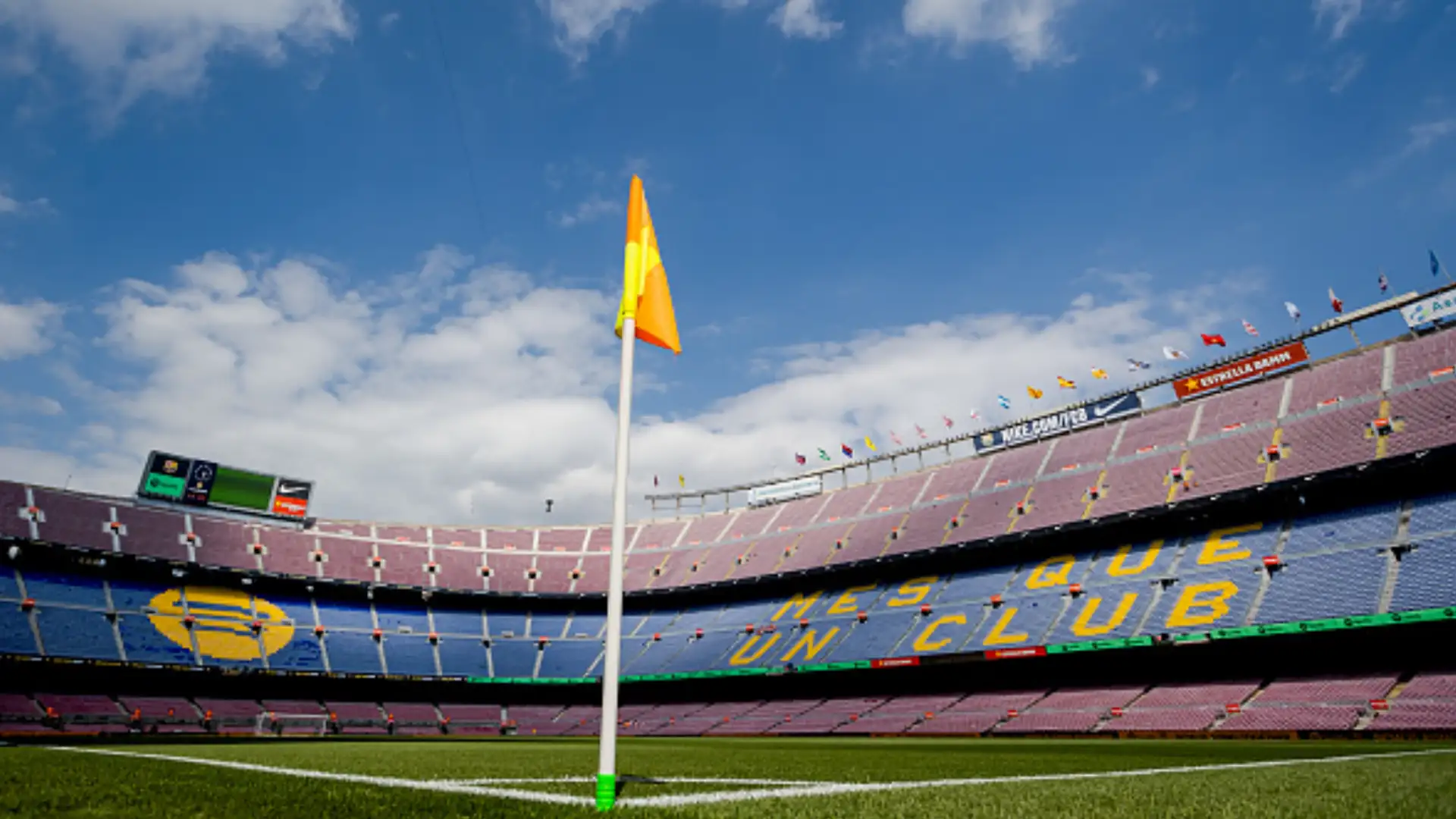
Barcelona Confirm Another Camp Nou Delay as Getafe Game to Be Played in 6,000-Capacity Johan Cruyff Stadium With Champions League Deadline Approaching
Barcelona Forced Into Johan Cruyff Stadium Switch for Getafe Clash
The wait goes on. Barcelona supporters, who had been dreaming of returning to their beloved Camp Nou this September, have once again been left frustrated. The club confirmed that the upcoming La Liga clash against Getafe will not take place at the Spotify Camp Nou, but instead at the far smaller Johan Cruyff Stadium, which holds just 6,000 spectators.
This latest twist in the long-running saga over the stadium’s reopening is another reminder of how complicated and delicate the renovation process has become. With only days left before the Getafe fixture, it became clear that the club had failed to secure the First Occupancy License required to open Camp Nou’s doors.
Barcelona did briefly explore alternative venues, including a temporary return to the Lluís Companys Olympic Stadium, where they played all of last season’s home matches. But poor pitch conditions made that option impossible. And so, for the second time this campaign—following the earlier match against Valencia—the Catalan giants will play in front of just a fraction of their usual home support.
Barcelona Release Statement on Camp Nou Delay
The club announced the news with a mixture of disappointment and determination.
“FC Barcelona announces that the match corresponding to matchday 5 of LaLiga, which has to take place on Sunday, September 21, at 21:00, against Getafe, will not be able to take place at the Spotify Camp Nou,” the statement read.
It continued:
“The Club continues to work intensively to obtain the necessary administrative permits for the opening of the Spotify Camp Nou in the coming days. For this reason, the match will finally be held at the Johan Cruyff Stadium.
FC Barcelona thanks its members and fans for their understanding and support in such a complex and exciting process as the return to the new Spotify Camp Nou. The Club will provide further details soon regarding the organization of the match and ticketing procedures.”
The language is optimistic, but behind the words lies the reality: the club remains locked in a race against time, not only for La Liga but, more pressingly, for the Champions League.
Champions League Pressure Mounts as Camp Nou Race Continues
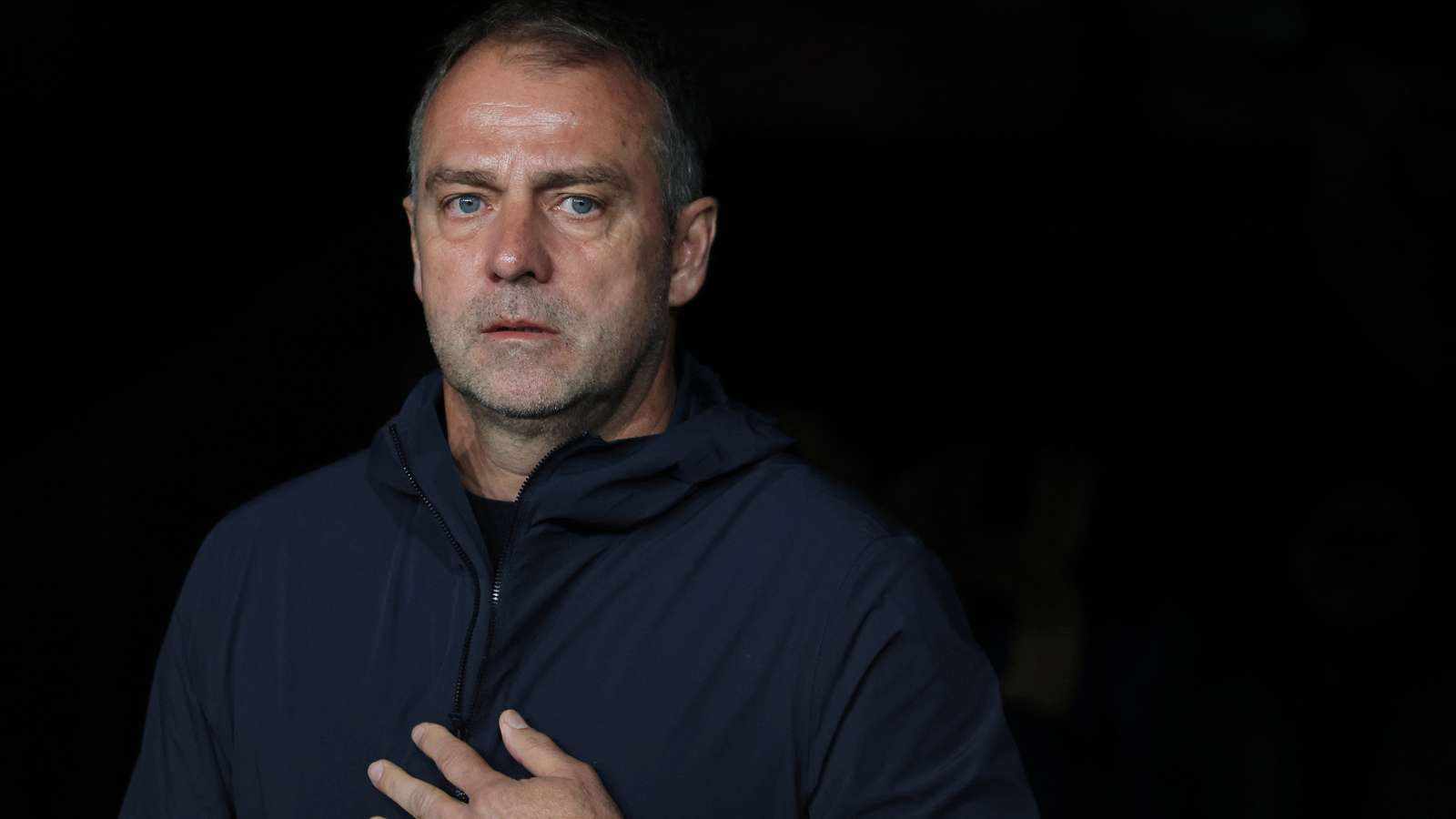
Hansi Flick
Missing one domestic fixture at home is an inconvenience; missing a Champions League night at Camp Nou could be a disaster.
Barcelona’s European campaign is set to ignite on October 1 against Paris Saint-Germain. UEFA, however, requires that any stadium hosting a Champions League fixture must already have been used for at least one domestic game under competitive conditions. This rule ensures that inspectors can assess the stadium’s safety, facilities, and operations before allowing it onto Europe’s biggest stage.
The club’s plan is clear: they hope the September 28 La Liga fixture against Real Sociedad will act as that test run. If Camp Nou is granted its license in time, UEFA officials can evaluate the venue then. But with every delay, the margin for error shrinks. If approval does not come through, Barcelona risk being caught in a logistical crisis that could undermine their entire season.
UEFA Demands Clash With Barca’s Renovation Timeline
Even if Camp Nou opens its gates for Real Sociedad, further complications remain. According to reports in Marca, the initial plan was to open only the main grandstand for that match, accommodating around 27,000 fans.
But UEFA rules are stricter. For a Champions League game, both sides of the stadium must be operational to ensure sufficient capacity, safety exits, and fan distribution. That means Barcelona may be forced to accelerate construction timelines that were never designed to be rushed.
If UEFA is not satisfied, the Catalan club could be left with no choice but to request an exemption—allowing them to split domestic and European fixtures across different venues. This is something UEFA traditionally resists but might consider under “exceptional circumstances.”
What Next for Barcelona’s Stadium Saga?
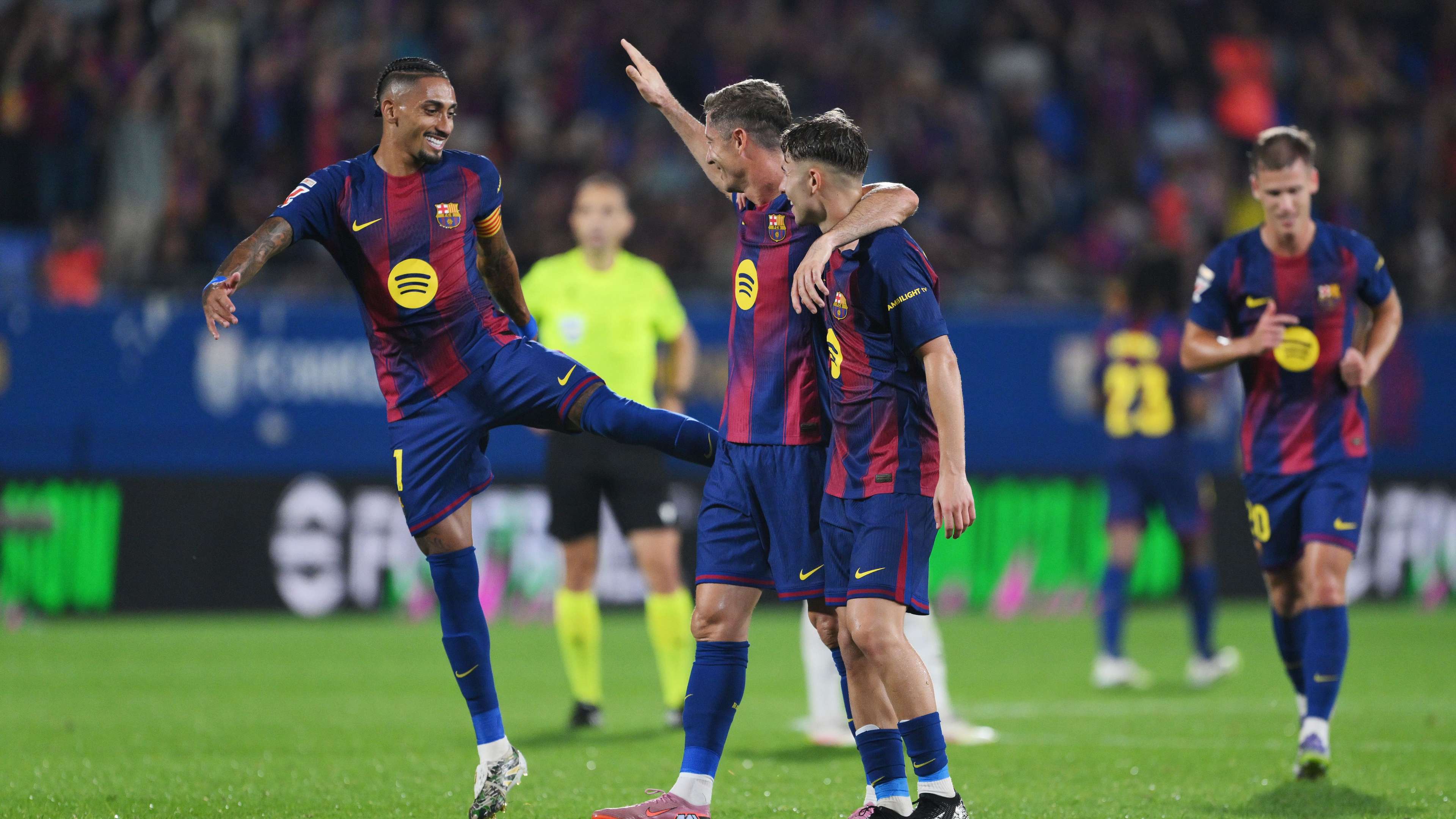
FC Barcelona v Valencia CF – LaLiga EA Sports
If the worst-case scenario unfolds, Barcelona’s fallback is clear: a return to Montjuïc (Lluís Companys Olympic Stadium), where they played throughout last season. In fact, the club has already quietly asked the City Council to reserve dates there until February, just in case.
But this too creates dilemmas. Do they fully commit to Montjuïc again, risking further frustration for fans and potential revenue losses? Or do they attempt to split fixtures, using Camp Nou for domestic matches once licensed, while staging European nights on the hill above the city? Neither option feels satisfactory for a club that prides itself on the unique atmosphere of Camp Nou on Champions League evenings.
The Impact Beyond the Pitch
For Hansi Flick and his players, the uncertainty is far from ideal. Preparing for matches at different venues, with varying atmospheres and fan numbers, is not the stability a manager dreams of. The squad already faces a daunting Champions League group that includes trips to Newcastle United and a blockbuster home clash with PSG. Distractions off the pitch are the last thing needed.
The players, though, remain focused. Training continues at full intensity, and the squad has reportedly brushed off the stadium saga as a “club issue” rather than a football one. Yet, behind closed doors, everyone at Barcelona knows how vital a smooth return to Camp Nou could be—not just symbolically, but financially and competitively.
Barcelona Fans: Caught Between Patience and Frustration
Supporters, for their part, have shown remarkable patience throughout this transition. Last season’s stint at Montjuïc tested loyalty, with travel logistics and a subdued atmosphere leaving many fans longing for home.
Now, as delays mount, frustration is creeping in. Playing at the Johan Cruyff Stadium in front of just 6,000 is a stark reminder of what has been lost, at least temporarily. For a fan base used to filling Europe’s largest stadium, the contrast is jarring.
Still, the majority seem willing to endure short-term pain for long-term gain. When Camp Nou finally reopens—whether next week, next month, or next year—it promises to be one of the most advanced football arenas in the world.
Conclusion: A Race Against Time
So, where does this leave us? Barcelona have confirmed yet another Camp Nou delay, forcing them into the Johan Cruyff Stadium for their upcoming match against Getafe. They insist the end is near, that the licenses are just around the corner. But UEFA’s deadline looms large, and the stakes are enormous.
If the Blaugrana want to walk out at Camp Nou against PSG on October 1, everything has to go right in the coming days. No more delays, no more setbacks. The club is playing on two fronts: one on the pitch, fighting for victories, and another off it, battling bureaucracy and construction timetables.
The saga continues, and for now, Barcelona’s great cathedral of football remains closed. But when those gates finally reopen, the roar of the fans will make all the waiting worthwhile.



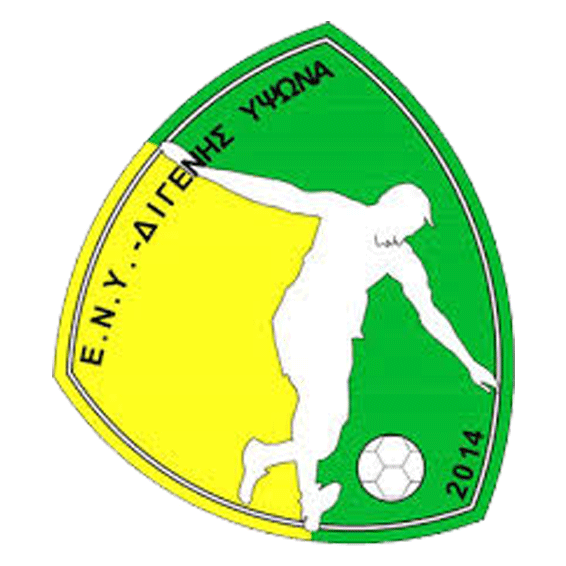
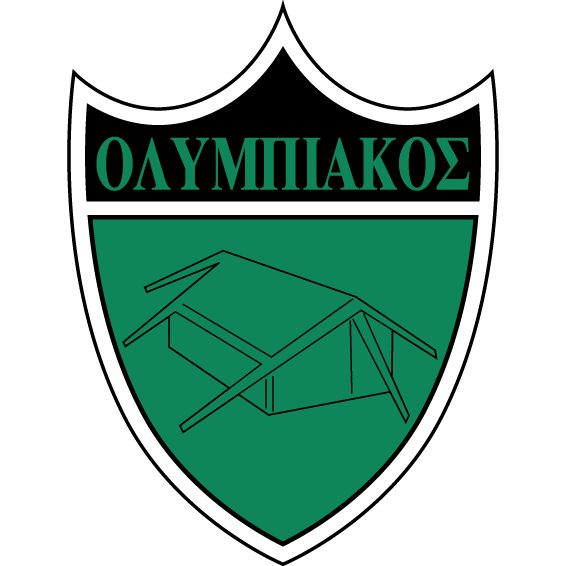









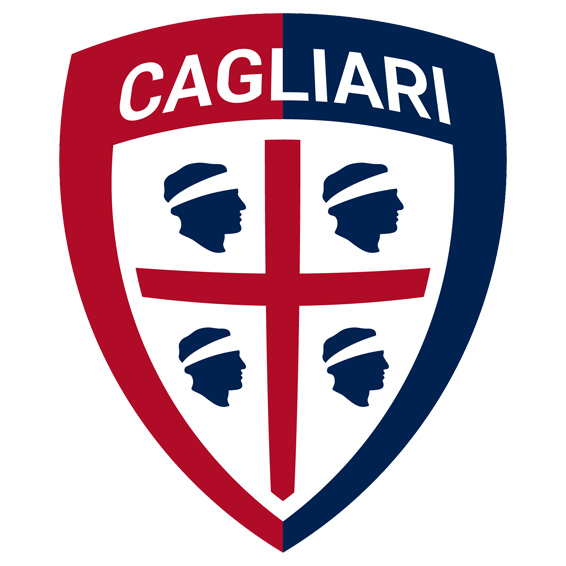









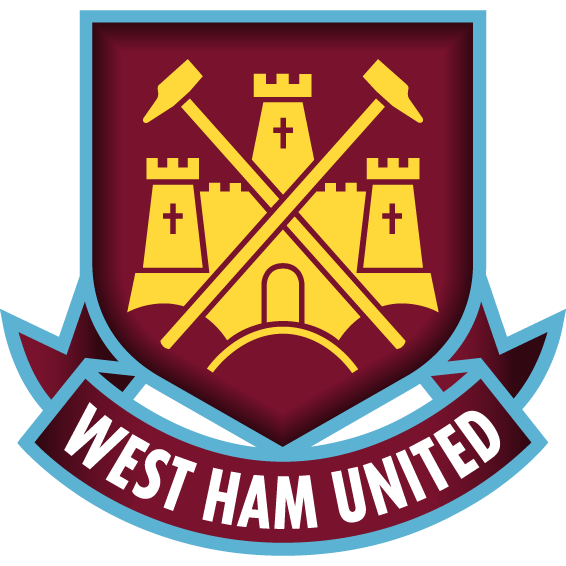


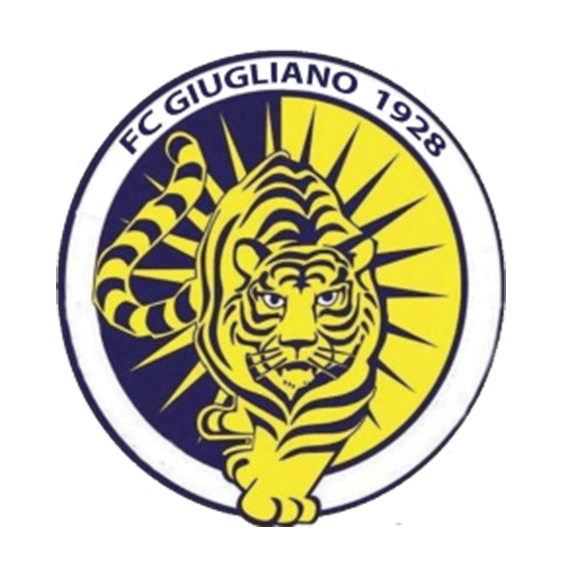



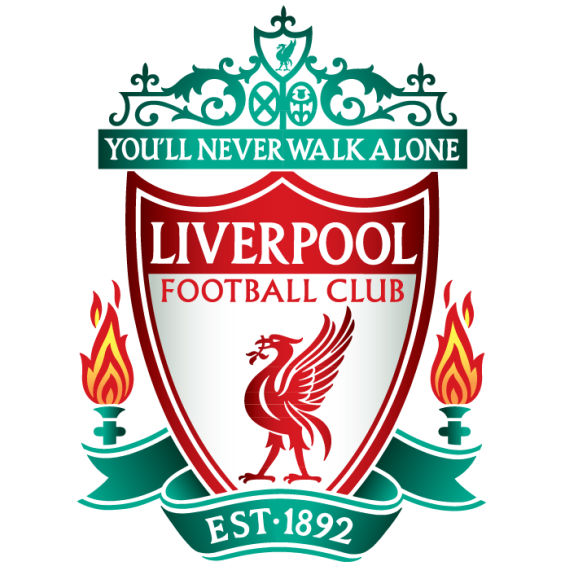

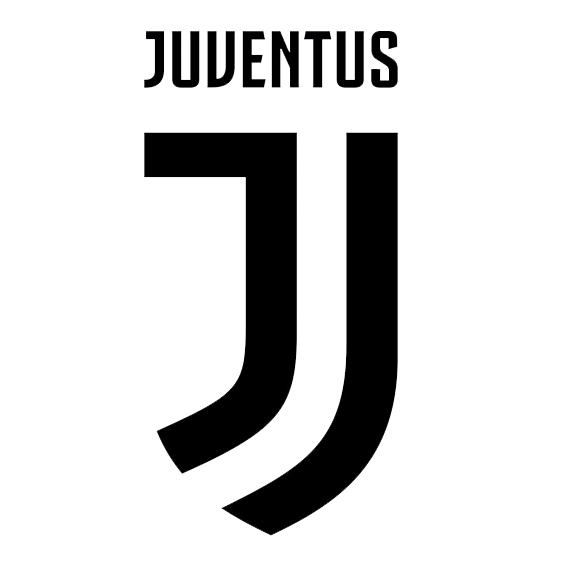






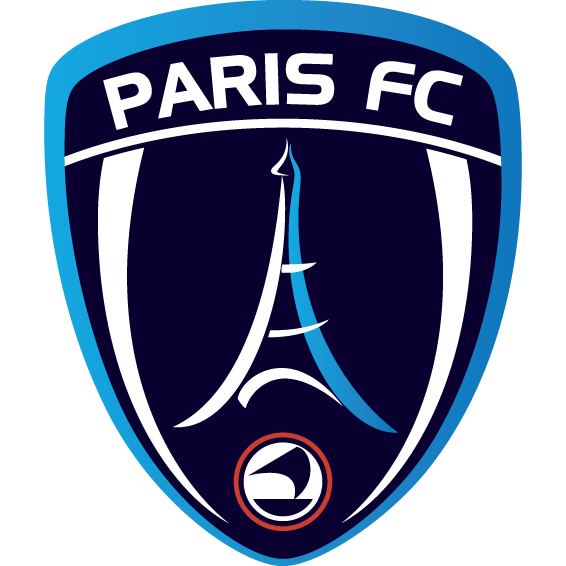























There are no comments yet. Be the first to comment!